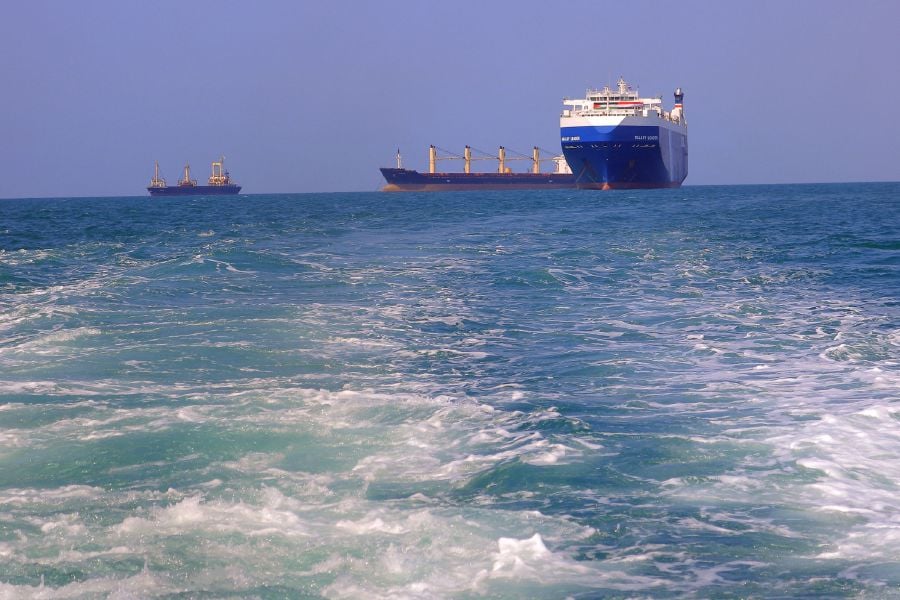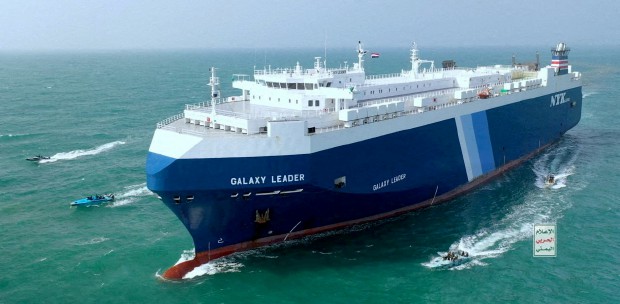MARITIME mayhem is creating waves around the world. And economists are racing to be right about the repercussions. As always, a few get their augury nearly right, but many get it dismally wrong.
We saw this when bedlam broke out in the blue domain of the Black Sea following the Ukraine war. Prohibitive prices of fertilisers and grains on the way, they warned.
Prices did go up, but the dismally wrong forgot Malaysians' staple is rice, which Ukraine didn't export. Yes, we do not grow enough of it, but we certainly don't import it from the warring nations.
As for fertilisers, there are alternatives.
The same prognostication is being churned out with the turmoil in the Red Sea, where the Houthis from Yemen are attacking merchant ships heading for Israel to show their support for the besieged Palestinians.
Granted, costs will go up when ships take a longer route, but how much of our trade head that way? Little, which means minimal impact. Granted again, allies of old, the United States and Britain, in counter support of Israel, are bombarding Yemen, leading to a warning by analysts that a bigger war is on the way.
This doesn't mean we shouldn't worry about oceans. Let's not forget, 75 per cent of the Earth is covered by oceans. More pertinently, the South China Sea, most of which is being claimed by China despite legitimate disputes to the contrary, is in our backyard.
Happily, no Houthis here to disrupt the 33 per cent of global trade that the ocean carries. But it has been a place of many near clashes, especially between China and the US.
Sure, risks must be studied for it to be managed, but to invent risks is a dangerous thing. How dangerous it is, is now playing out in Sweden as this Leader goes to press. In an op-ed in this newspaper on Monday, Agence France-Presse, a news agency, quoted the government and military asking the Swedes to prepare for war.
There is more fearmongering than there is realism in Stockholm. The result is bad news for ordinary Swedes. Bris, the Swedish version of Malaysia's Befrienders, is reporting a spike in distress calls. Shops, too, are a display of empty shelves.
This is not the first time fear of war was mongered in Sweden. In May 2018 — not since 1943, according to The Guardian — every household in the country was given a leaflet on what to do in the event of a war. The war never happened.
Predicting the future has become an industry in this world of disorder. One futurologist — whatever that means — had audaciously titled his book of predictions, The Next 100 Years. Predicting the future isn't a human task. No one knows until it happens.
This doesn't mean we shouldn't prepare for a frightening future. We can do this in an if-this-happens-do-this scenario planning famously introduced by the Royal Dutch Shell petroleum company of old. Call it the "que sera, sera" softener. But economists generally — not just our own — are not schooled in scenario planning. To them, their "science", however dismal it is, can divine the future.
Never mind if they got it mostly wrong most of the time. We will allow them the freedom to go wrong.





